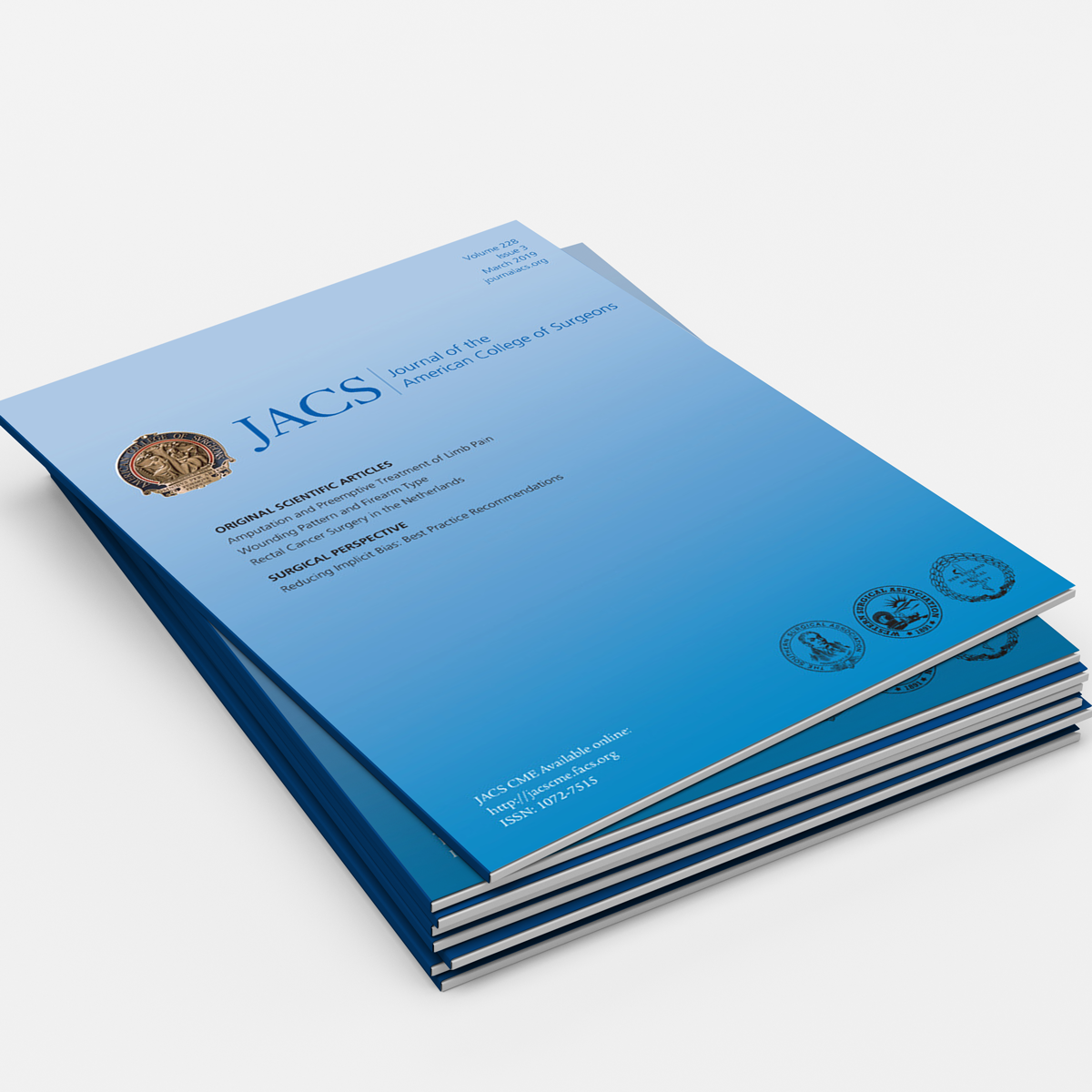The US Food and Drug Administration (FDA) has announced two moves aimed at reducing smoking rates in youth and the addictiveness of smoking. The first is a ban on the commercial sale of JUUL e-cigarette products; the second is a plan to reduce nicotine content in cigarettes and other tobacco products. These decisions could have implications for surgeons and surgical patients.
JUUL Sale Ban
The FDA issued marketing denial orders to JUUL Labs Inc. for all of its products sold in the US, which effectively bars their commercial sale. In reviewing the company’s tobacco profile in product applications, the FDA determined that they “lacked sufficient evidence regarding the toxicological profile of the products to demonstrate that marketing of the products would be appropriate for the protection of the public health.” Contemporary studies have suggested that use of JUUL and other e-cigarette devices, which are popular with the youth market, is associated with increased risk of smoking cigarettes and have their own inherent health risks.
“Today’s action is further progress on the FDA’s commitment to ensuring that all e-cigarette and electronic nicotine delivery system products currently being marketed to consumers meet our public health standards,” said FDA Commissioner Robert M. Califf, MD. “We recognize these make up a significant part of the available products and many have played a disproportionate role in the rise in youth vaping.”
Plan to Reduce Nicotine in Cigarettes
The FDA also announced plans to develop a product standard that would set a maximum nicotine level in cigarettes and associated products with the goal of reducing their overall addictiveness and concomitant youth use, addiction, and death. According to the release, “Such a product standard, if proposed and then finalized after a thorough process, would make those products minimally or non-addictive.”
"Making cigarettes and other combusted tobacco products minimally addictive or non-addictive would help save lives,” Dr. Califf said. “The US Surgeon General has reported that 87% of adult smokers start smoking before age 18, and about two-thirds of adult daily smokers began smoking daily by 18 years of age. Lowering nicotine levels to minimally addictive or non-addictive levels would decrease the likelihood that future generations of young people become addicted to cigarettes and help more currently addicted smokers to quit.”
A 2018 FDA paper published in The New England Journal of Medicine projected that a maximum nicotine standard could result in more than 33 million people not becoming regular smokers, a smoking rate of only 1.4%, and more than 8 million fewer people dying from tobacco-related illnesses.
Surgery Connection: Smoking Cessation Can Improve Surgical Outcomes
Smoking is an independent risk factor for complications ranging from complications of lung function to wound healing to cardiovascular events such as heart attack. As part of its Strong for Surgery program, which helps prepare surgical patients experience optimal postoperative outcomes by following evidence-based guidelines and checklists, the ACS recommends that patients quit smoking before surgery and during recovery. The JUUL sale ban and reduction of nicotine levels in cigarettes would help patients who smoke quit with less difficulty and lead to fewer smokers overall—a net benefit for overall surgical outcomes.










